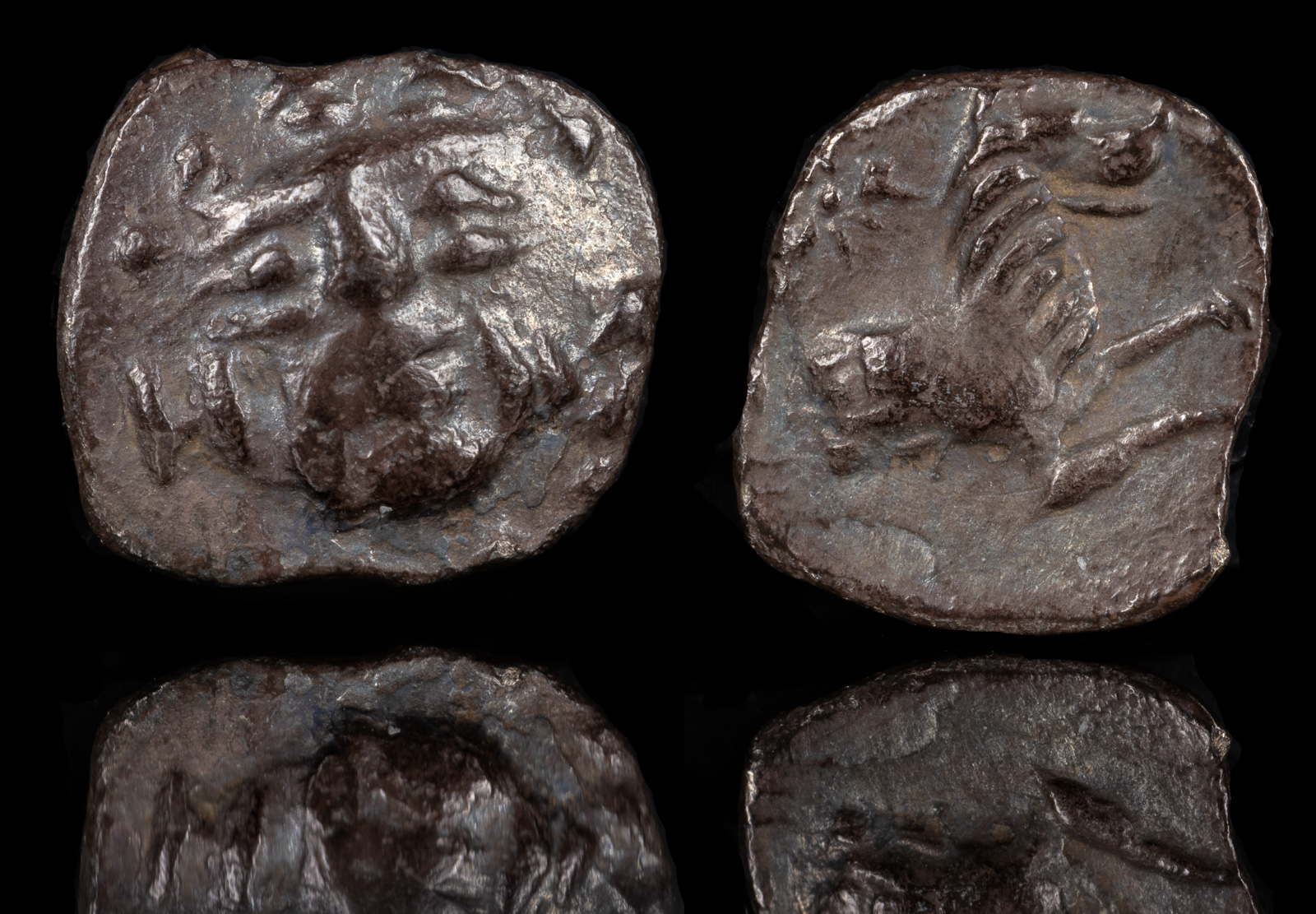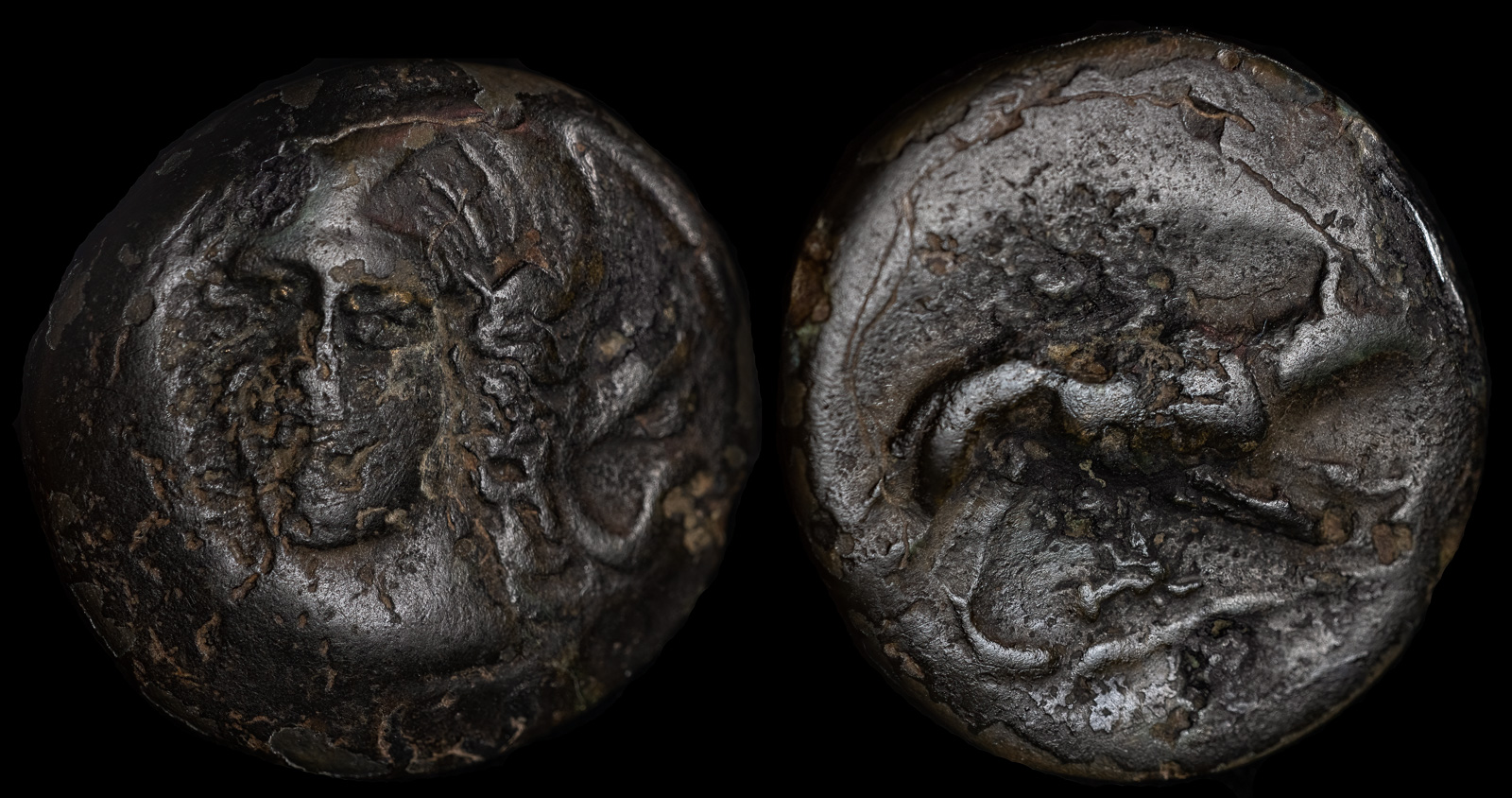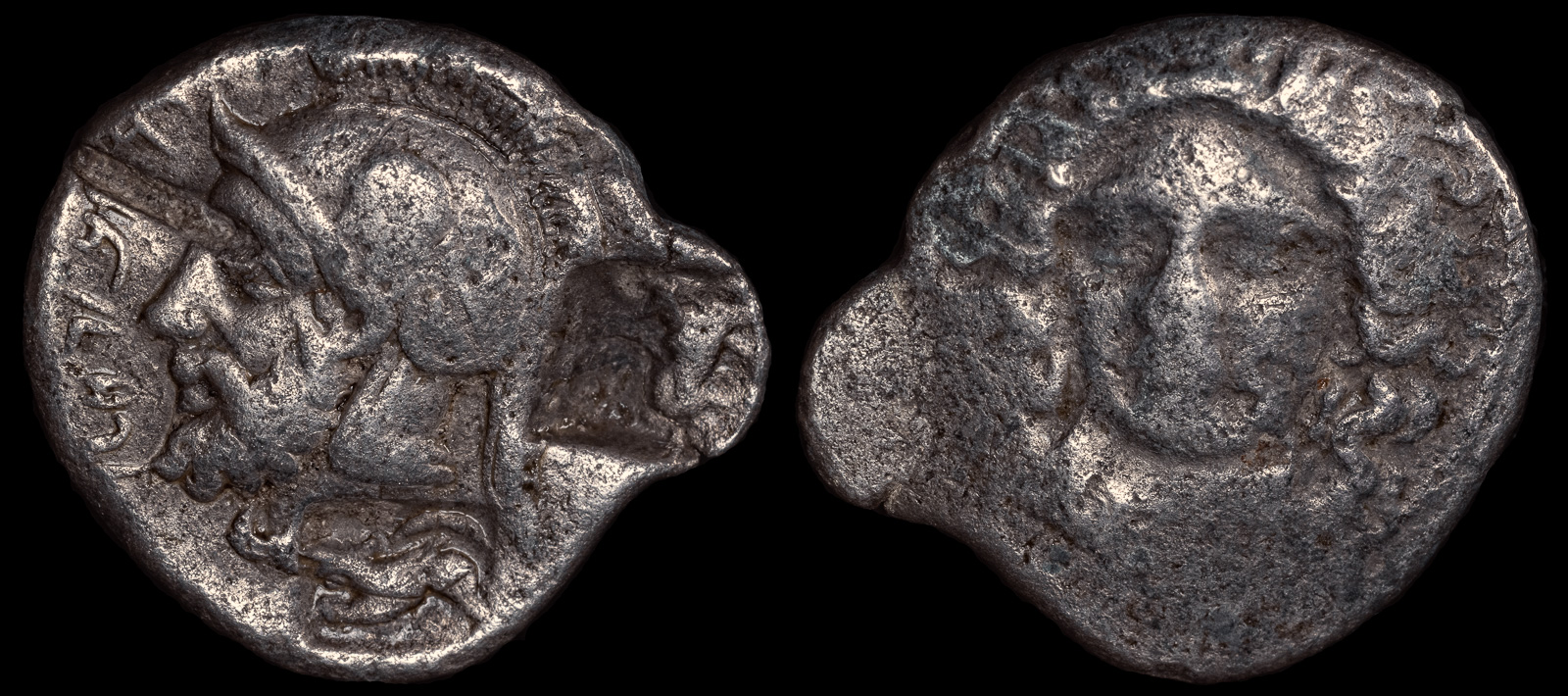Wolf
View All Tags
Wolves were also symbolic of leadership and group dynamics. The ancient Greeks admired the way wolves hunted in packs, demonstrating cooperation and strategic teamwork. This made them a fitting representation of strong society and community. The Lykos or wolf, in particular, was sometimes used in Greek mythology to illustrate the role of leaders, especially those who held sway over their people and led them with honor and strength. The Lykaion festival at Mount Lykaion, in honor of Zeus, was one of the places where wolves were honored as part of the rituals associated with the god’s power and might.
However, the wolf also had darker associations. It was sometimes linked to danger, destruction, and the uncivilized aspects of nature. Wolves were feared for their predatory nature and their capacity to strike terror in both animals and humans. This negative symbolism appeared in myths where wolves were seen as threats to both agricultural life and personal safety. For instance, in the myth of the Lycaon, a king who offended Zeus, his punishment was to be turned into a wolf. This metamorphosis reflected the darker, more chaotic side of the wolf symbol, one that represented untamed destruction and the breakdown of order.
Additionally, the wolf’s role as a protector was explored in the context of mythological figures. The Artemis-related epithet “Lycian” (meaning “wolf-like”) reflected the goddess’s connection to wild animals and her protective qualities. She was sometimes depicted as a wolf or as a goddess who could transform into a wolf, symbolizing both the ferocity and nurturing aspects of nature.

Lycaonia. Laranda
AR Obol 324/3 BCE
9.67mm .52 grams
Obverse: Facing head of Herakles, with club over shoulder, H to left
Reverse: Forepart of wolf right; star above
Göktürk 68–9

Thessaly, Phaloria
Circa 302-286 BCE
Æ 5.94g, 19mm, 4h
Helmeted head of Athena Parthenos facing, turned slightly to left
Wolf at bay to right; bukranion below, [ΦΑΛΩ- ΡΙΑΣΤΑΝ] above and below.
Rogers 460; BCD Thessaly II 597; HGC 4, 597
Ex Roma 2020
Ex Roma 2023

Cilicia, Tarsos: Pharnabazos
379-374 BCE
AR stater, 24mm, 10.3 g
Female head facing
Bearded and helmeted head left, test cut and two countermarks, one of bull crossing (with crescent?) and one of wolf leaping with crescent at rear (Callatay countermarks B and C)
SNG Cop. 266